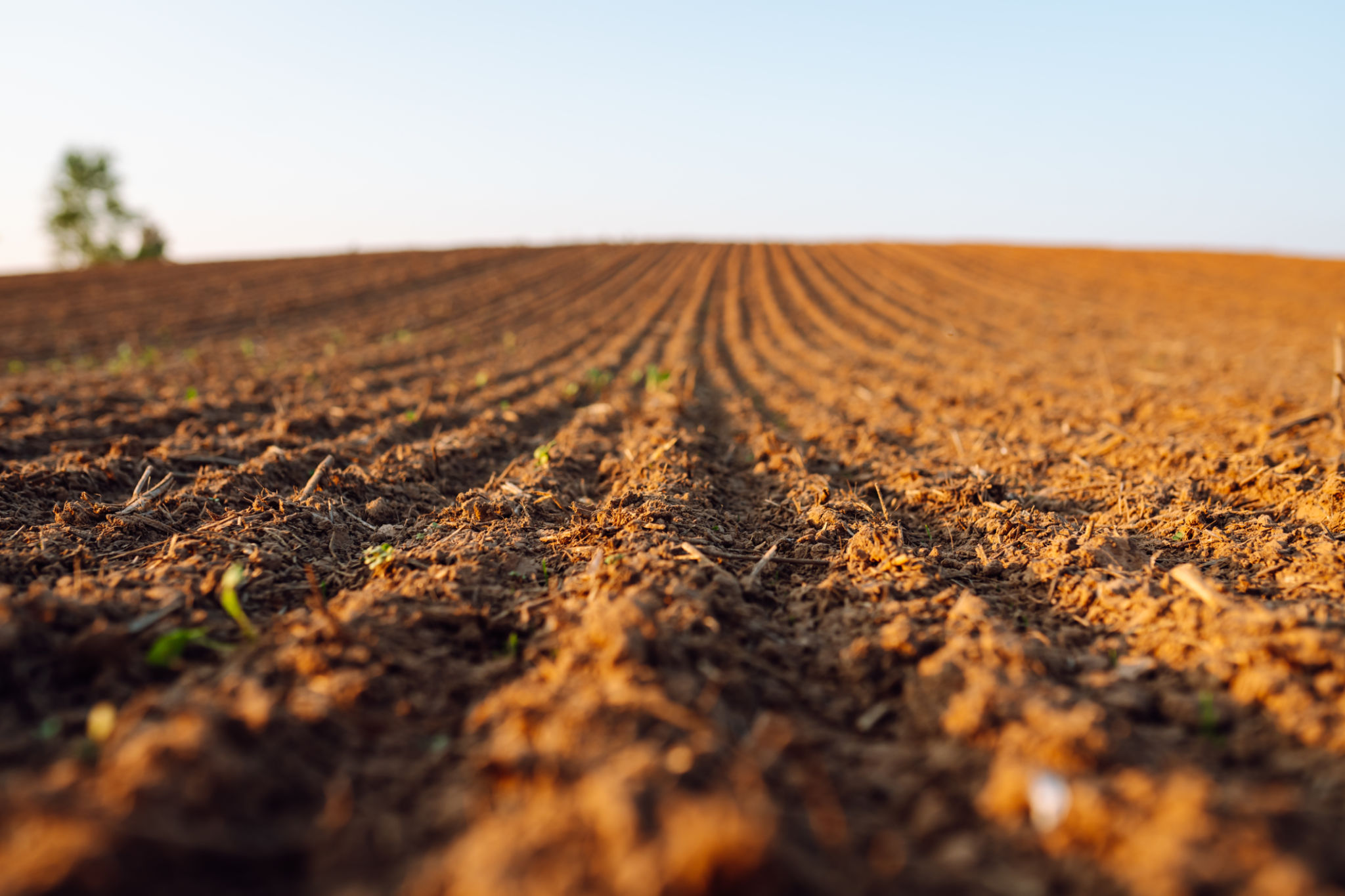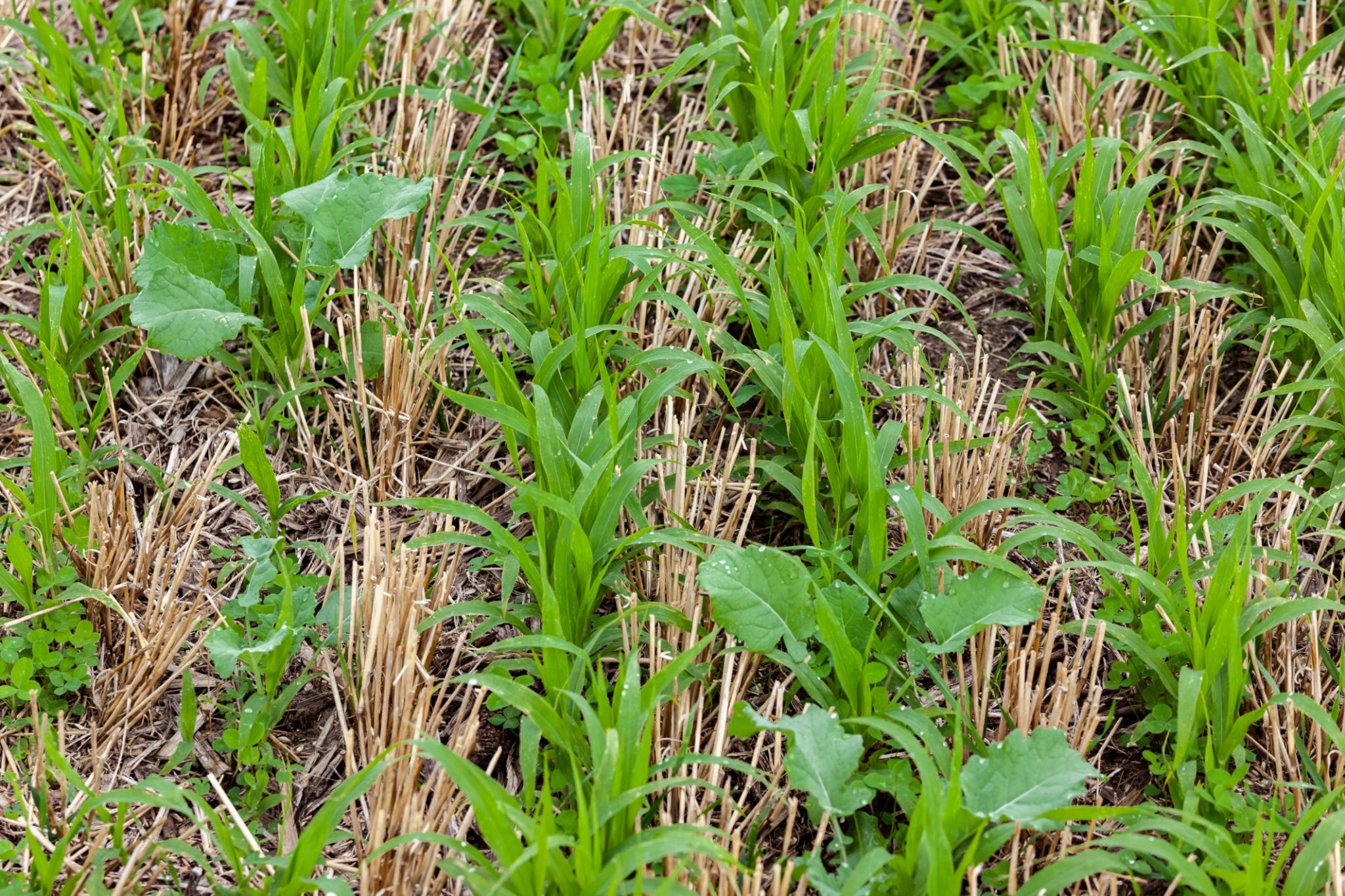How to Prepare Your Farm for Seasonal Changes in Waste Management
Understanding Seasonal Waste Management Challenges
Managing waste on a farm is a year-round task, but each season brings its unique challenges. Preparing for these changes is crucial to maintain efficiency and environmental responsibility. Whether it's managing manure, crop residues, or other organic waste, a proactive approach can make a significant difference.
During the winter, for example, cold temperatures can slow down decomposition processes, affecting composting efforts. In contrast, the warm summer months can accelerate decomposition but also increase the risk of odor and pests. Understanding these seasonal dynamics is the first step toward effective waste management.

Assess Your Current Waste Management Practices
Before making any adjustments, it’s important to assess your current waste management practices. Identify the types of waste your farm produces and how they are currently managed. This assessment should include reviewing your composting systems, storage facilities, and any waste treatment processes you have in place.
Consider conducting a waste audit during different seasons to understand fluctuations in waste generation. This analysis will help you identify areas that need improvement and guide your preparations for seasonal changes.
Evaluate Storage Facilities
Proper storage is essential to prevent runoff and contamination. Ensure that your storage facilities for manure and other organic waste are adequate for handling increased volumes during peak seasons. Check for leaks or structural weaknesses that could be exacerbated by weather conditions like heavy rain or snow.

Implement Seasonal Adjustments to Composting Practices
Composting is a sustainable way to manage organic waste, but it requires adjustments as the seasons change. In colder months, consider insulating compost piles to retain heat and maintain microbial activity. You might also need to adjust the carbon-to-nitrogen ratio by adding more carbon-rich materials, such as straw or wood chips.
During warmer months, it’s important to keep compost piles adequately moist, as high temperatures can dry them out quickly. Regular turning of the piles can also help manage temperature and prevent odors.
Utilize Cover Crops
Planting cover crops during off-seasons can help absorb excess nutrients from manure and other organic waste. These crops not only enrich the soil but also prevent nutrient runoff into nearby water bodies. Choosing the right cover crops for your farm's specific needs can significantly enhance waste management efforts.

Prepare for Adverse Weather Conditions
Seasonal weather changes can bring about adverse conditions such as heavy rains or droughts. It's vital to have a contingency plan in place to mitigate these impacts on your waste management systems. For instance, heavy rains might require additional measures to prevent runoff from manure storage areas.
Drought conditions might necessitate water conservation strategies in managing compost piles and ensuring livestock have adequate water supplies. Being prepared for these scenarios can help maintain waste management efficiency and protect the environment.
Stay Informed and Compliant
Lastly, staying informed about local regulations regarding farm waste management is crucial. Regulations can change based on environmental policies or seasonal considerations. Regularly review these rules to ensure your practices remain compliant and environmentally sustainable.
Engage with local agricultural extensions or environmental agencies to stay updated on best practices and new technologies in waste management. Continuous learning and adaptation are key to effective farm management throughout the year.
